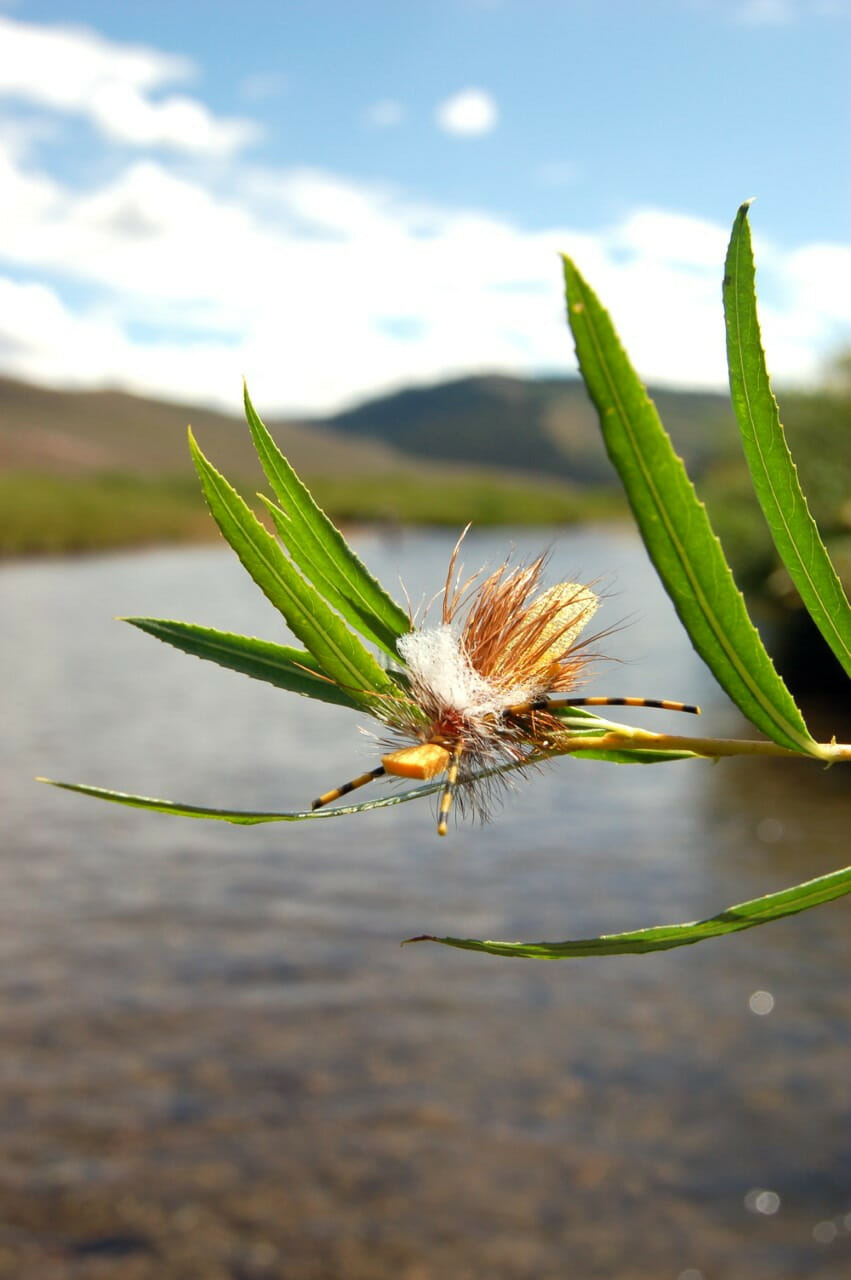I had always assumed that an angler chooses a fly rod based on the type of fish they wanted to chase. Turns out, that’s not exactly true.
Sure, a 5-weight is probably still the gold standard “trout rod,” but that has less to do with fighting the fish, and more to do with the range of flies you’re going to throw to catch them. The chief rod designers from the big rod companies like Orvis, Sage, Scott and others have all explained it the same way. A 5-weight is tremendously popular (as in, 75 percent of all rods sold in the country are 9-foot 5-weights), because it’s equally adept and throwing a size 14 Parachute Adams, and a size 10 Woolly Bugger. In other words, it’s a rod for lots of different fishing situations.
An 8-weight is more suited to handle heftier flies, especially in windy conditions. A 3-weight might do a nicer job dropping small dry flies on glassy spring creeks, but if you fight fish well, it’s not too light to manage even large trout. The late guide Tim Mosolf once had me fish a 3-weight for the bruiser brown trout on Montana’s Beaverhead River—not only because we were throwing small flies like Tricos, but also because once the fish was buttoned on, I could feel their movements and didn’t horse them in. I actually never broke the tippet, and landed more fish on a lighter rod. I still sometimes like to fish light rods for big trout for that very reason.
Of course, there’s no limit to how manufacturers are promoting rods for specific uses—from “Euro Nymph” models (typically longer, lighter and more sensitive), to carp and bass rods (with a typically more medium action and stiff butt section). I think they’re all interesting. Stealing from Will Rogers, I’ll say I never met a fly rod I didn’t like.
But a lot of that is marketing hooey. And until someone shows me a rod that I can throw tiny mayfly patterns with in the morning, and switch to slinging streamers in the afternoon better than a 5-weight, I suspect ol’ No. 5 is going to stay king of the hill, at least in the trout world.



